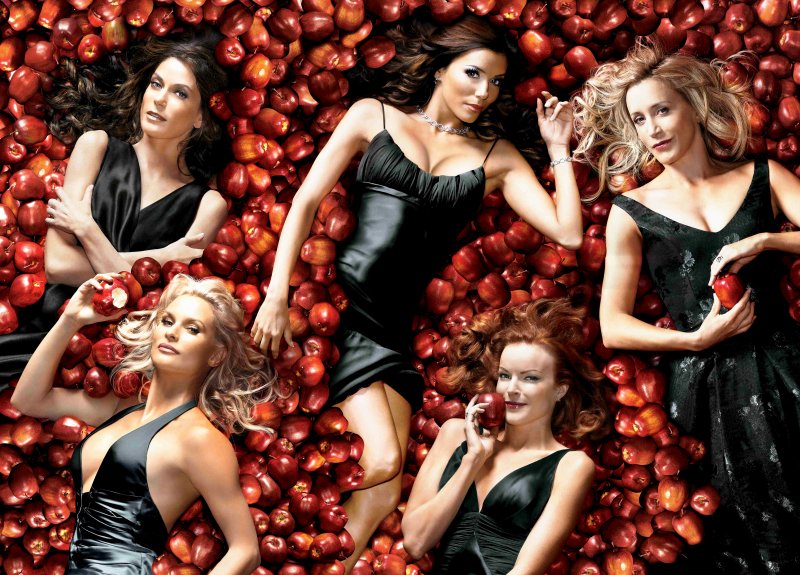Original blog post can be found here: http://whatwouldchirstdo.blogspot.ca/2012/03/real-monster.html
Like ccandelario, I’m not a huge fan of monster movies. I
am, too, a fan of “A Walk to Remember”. I was only 12 when the movie came out,
so I never picked up on the real messages of the film until I watched it time
after time over the years. As I grew up, I started realizing what the movie was
truly about, and the messages really stood out to me.
Jamie deals with the realization of her death so calmly; I’m
not sure I’d be able to do the same. It’s great to see a movie out there like
this, to show a way in which death is dealt with tranquilly (as opposed to
monster movies). Situations like this are very realistic, versus monster
movies, which are not. Monster movies are more for entertainment; to put death
in a different manner and to entertain the idea. “A Walk to Remember” shows the
reality of death and perhaps how people should deal with their death. For
people with terminal illnesses, they should be able to use the time they have
left to do things they want to before it’s too late. For those of us who live
regular lives, we should still use this lesson, and do the things you want to
before it’s too late.
An important part of “A Walk to Remember” is religion, being
that Mandy Moore is very devoted to her faith and her father is a reverend. The
film shows that someone can be changed by the faith of someone else. Jamie
influences Landon and it changes his life completely. All she does is live her
life the way she wanted to, and through that, Landon falls in love with her and
also changes himself. Because of her, he is given faith and something to
believe in.




